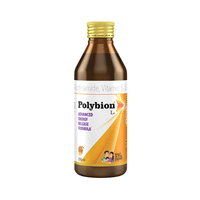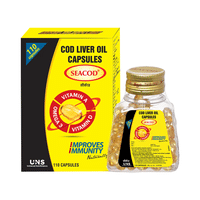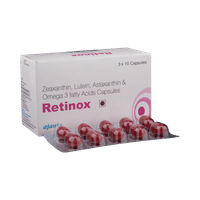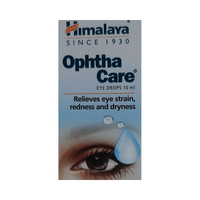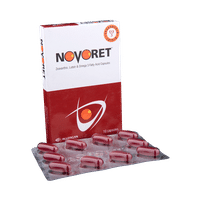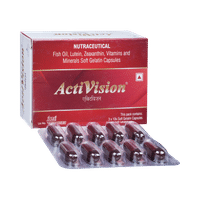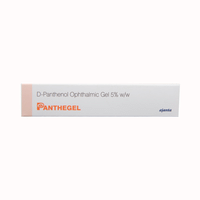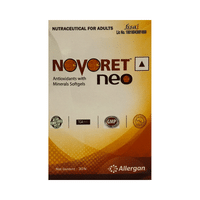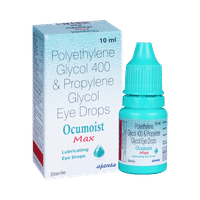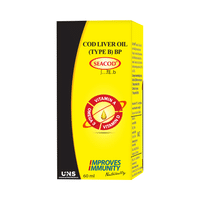Clonate 0.05% Cream
food interaction for Clonate Cream
alcohol interaction for Clonate Cream
pregnancy interaction for Clonate Cream
lactation interaction for Clonate Cream
medicine interaction for Clonate Cream
food
alcohol
pregnancy
lactation
medicine
No interaction found/established
No interaction found/established
Clonate 0.05% Cream may be unsafe to use during pregnancy. Although there are limited studies in humans, animal studies have shown harmful effects on the developing baby. Your doctor will weigh the benefits and any potential risks before prescribing it to you. Please consult your doctor.
CONSULT YOUR DOCTOR
Clonate 0.05% Cream is probably unsafe to use during breastfeeding. Limited human data suggests that the drug may pass into the breastmilk and harm the baby.
CONSULT YOUR DOCTOR
No interaction found/established
SALT INFORMATION FOR Clonate 0.05% Cream
Clobetasol(0.05%)
Clonate cream uses
{med_name} is used in the treatment of allergic skin conditions.
How clonate cream works
Clonate 0.05% Cream is a steroid. It works by blocking the production of certain chemical messengers that make the skin red, swollen and itchy.
Common side effects of clonate cream
Skin atrophy, Telangiectasia, Skin irritation, Dry skin, Stretch marks, Cushing syndrome, Suppression of adrenal gland function, Posterior subcapsular cataract, Increased intraocular pressure, Skin rash, Scaling, Induration (hardening of a normally soft tissue or organ), Lichenification, Exacerbation of psoriasis, Plaque elevation, Excoriation
SUBSTITUTES FOR Clonate Cream
1 Substitutes
1 Substitutes
Sorted By
 Rs. 34.28save 76% more per gm of Cream
Rs. 34.28save 76% more per gm of Cream
Expert advice FOR Clonate Cream
- Clobetasol is used to treat redness, swelling, itching, and discomfort of various skin conditions.
- It should be applied to the affected areas as a thin film two or three times daily, or as advised by your doctor.
- Don't use it more often or for longer than advised by your doctor.
- Don't cover the area being treated with airtight dressings such as bandages unless directed by a doctor, as this may increase the risk of side effects.
- If you think the area of skin you are treating has become infected you should stop using Clobetasol and consult your doctor.
- Consult your doctor if your skin condition has not improved after four weeks of treatment. Do not use it for more than 4 consecutive weeks at a time.
Frequently asked questions FOR Clonate 0.05% Cream
Clobetasol
Q. Can Clonate 0.05% Cream be used for a long time?
No, Clonate 0.05% Cream should not be used for a long time. The doctor generally prescribes it for 2 consecutive weeks only. However, the treatment can be longer for chronic (long-term) inflammatory conditions. Consult your physician before using this medication.
Q. Does Clonate 0.05% Cream cause severe skin reactions?
Severe skin reactions are quite rare with Clonate 0.05% Cream. Clonate 0.05% Cream is an anti-inflammatory drug which is used to treat skin diseases, skin reactions and eczemas. However, skin reactions can occur in a person who is hypersensitive to Clonate 0.05% Cream. It is important to leave the affected area open after applying Clonate 0.05% Cream as using occlusive dressings (air- and water-tight dressing) can lead to skin reactions. The medicine may not itself cause a reaction but the added excipients with the medications can lead to a reaction in some cases. Inform your doctor immediately in case you encounter any skin reactions.
Q. Can Clonate 0.05% Cream be used on the face?
No, Clonate 0.05% Cream should not be used on the face. In addition to this, Clonate 0.05% Cream should also not be used on the axillae (armpits), groin, and if there is atrophy (wasting away of tissues) at the treatment site. In certain circumstances, it can be exceptionally considered to be used by doctors. It should be used only after consultation with your physician and if possible, the application on the face should be limited to a maximum of 5 days.













